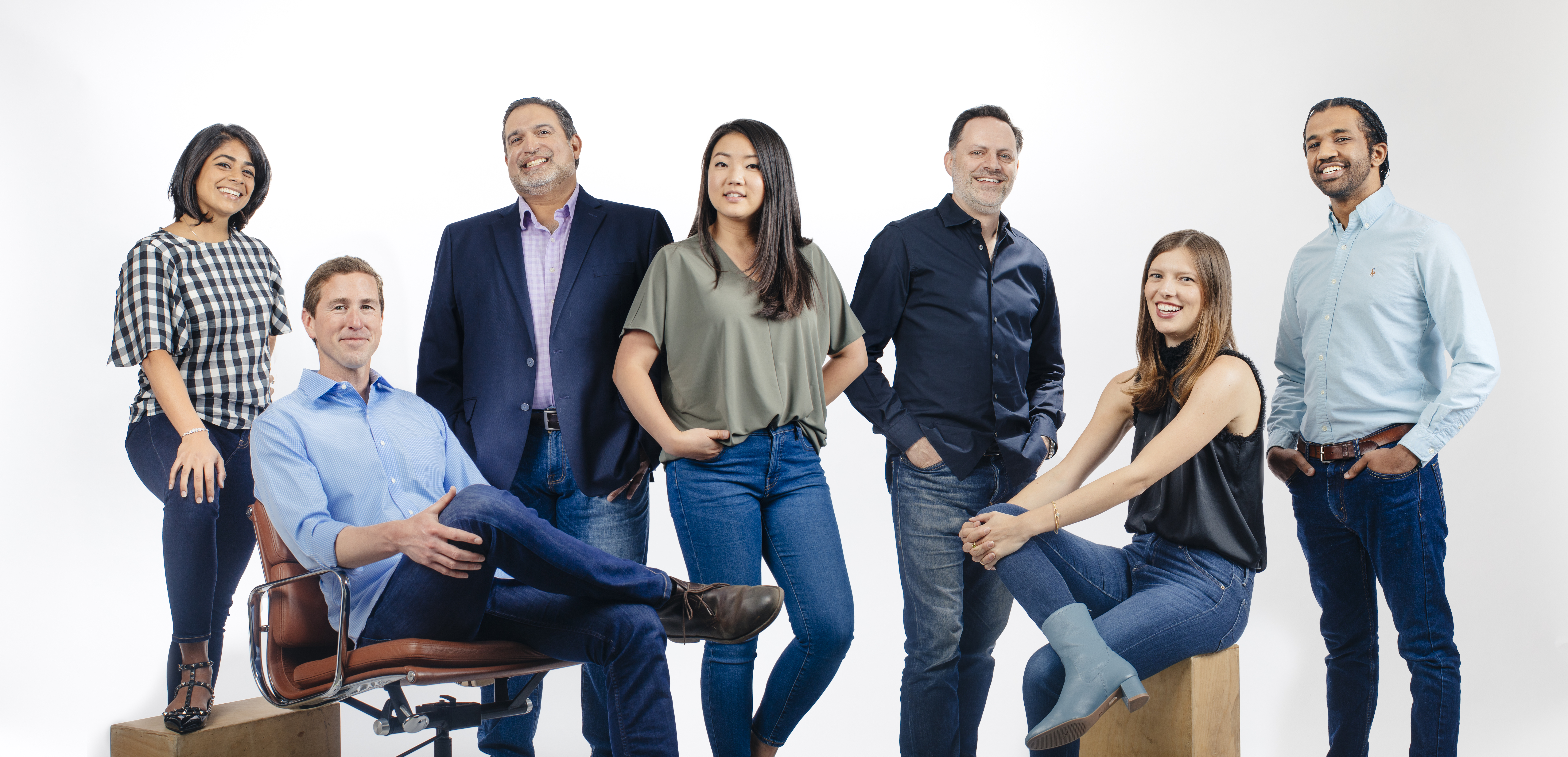Despite continuing talk about a possible recession, slumping tech stocks and a slowdown in the world of startup investing, the business of funding was positively humming last week. After slowing way down last spring, venture outfits disclosed a stunning $8 billion in new capital commitments in the span of just five days.
Consider the following: NEA revealed that it closed its two newest funds adding up to $6.2 billion; Cowboy Ventures announced two funds totaling $260 million; and FJ Labs also disclosed two funds totaling $260 million. Then there’s Sapphire Sport (it closed a second fund of $181 million), Volition Capital (it announced $675 million for its fifth fund), Kearny Jackson ($14 million) and Dimension ($350 million). Even non-U.S. outfits got into the act, including Highland Europe, which announced a new €1 billion fund, and a Japanese chemical giant that revealed a $100 million fund.
So what’s going on exactly? Are we already through this downturn? While impossible to know, the flurry of activity likely owes itself instead to a few unsurprising things.
For starters, a lot of “new” funds were actually closed last year but not announced for one reason or another. Defy.vc, for example, an early-stage venture outfit based in Woodside, California, said it is now investing out of a $300 million third fund (compared with a $151 million debut fund and a $262 million sophomore fund that it closed in 2019).
Defy actually closed the fund in the middle of last year but didn’t say anything until now because it was actively investing its previous fund until a few months ago, co-founder Neil Sequeira said. At the time, he said, the moment didn’t seem right.
“It was an interesting time in the Nasdaq and [regarding] world geopolitical issues,” he said, referring to the confluence of events that made 2022 a year that many would sooner forget, from Russia’s invasion of Ukraine and disrupted supply chains to surging inflation around the world.

The investing team at Defy.vc, with Neil Sequeira featured third from the left. Image Credits: Defy.vc
Another reason we’re seeing so many funds being announced is that there are simply a lot of funds in the world currently, and some are invariably resurfacing because of when they last raised a fund. Defy, for example, closed its previous fund, a $262 million vehicle, in 2019. Volition’s last two funds also closed in 2019.
Indeed, while many limited partners have less money to allocate right now — with their publicly traded shares battered — funding venture firms they’ve worked with previously is typically an automatic “yes” unless an outfit has given them a reason to run in the opposite direction. Partly, they continue working with certain managers because they’ve already invested the time and effort in building relationships with those individuals, but also, given the often long stretch between an investment and an outcome, LPs are hesitant to part ways with a manager whose deals may be trending in the right direction but haven’t yet exited.
“Even in tough times, funds do get raised [because] LP budgets get squeezed, but not all the way to zero,” said Chris Douvos, whose firm Ahoy Capital funds early-stage venture firms and makes direct investments.
Of course, the best argument right now for announcing a new fund boils down to opportunity. Over the last couple of years, Sequeira noted, putting money to work for limited partners wasn’t so easy, given that deals were being struck in a day and valuations were soaring. He said that while Defy invested 20% of its previous fund in the second half of 2020, the rest was invested more slowly due to surging valuations and frothy deal-making.
This year, he suspects, will be different. For one thing, valuations are already beginning to look more “reasonable,” he said. He also anticipates “more willingness [from] entrepreneurs to not just think of capital as capital but [as a long-term partnership with investors].”
Like a lot of VCs, Sequeira also sees the chance to partner with startups that are executing on their plan but that, as the year drags on, may have fewer financing options than they did a year or two ago as some investors invariably fall out of the industry. This is typically true of newer fund managers who haven’t yet secured the enduring loyalty of their limited partners. (“Markets like these exacerbate the divide between the haves and have-nots,” as one LP recently observed to TechCrunch. “When we add someone to our list of relationships,” added another, “we expect it’s going to be for at least two funds, but that doesn’t mean we can live up to those expectations if the markets are really tough.”)
“I think there will be a number of great opportunities with companies that have a wonderful team and a strong business model and there just won’t be the capital available, and we absolutely will be opportunistic and partner with them,” Sequeira said. “They may already have investors on their cap table who are the size of us and even larger firms, but we’re more than happy to partner with folks like that.”
In fact, if funding shrinks, as is widely expected, many industry veterans, like Sequeira, see the kind of window right now that only comes across every 10 years or so, after rocky times led many to flee the business of startup investing. Less available capital tends to lead to better results, or so the thinking goes.
For example, in a sit-down with this editor earlier this month, Open AI CEO Sam Altman, who is also an active investor, noted that “at the time when all of the tourists are leaving, and all of the people who [were] starting startups or raising their seed fund or whatever because it was the fashionable thing to do are leaving, this is when the great value gets created.”
Right now, Altman added, “is the best time to start a startup in many, many, many years.”
Alfred Lin, speaking at the same event as Altman, said much the same. “If you have a great product or service and you’re continuing to build for your customers, you’ll do great. This is a time where it may be a bit rainy outside, but this is a time when you can surpass all your competition if you play your cards right.”
